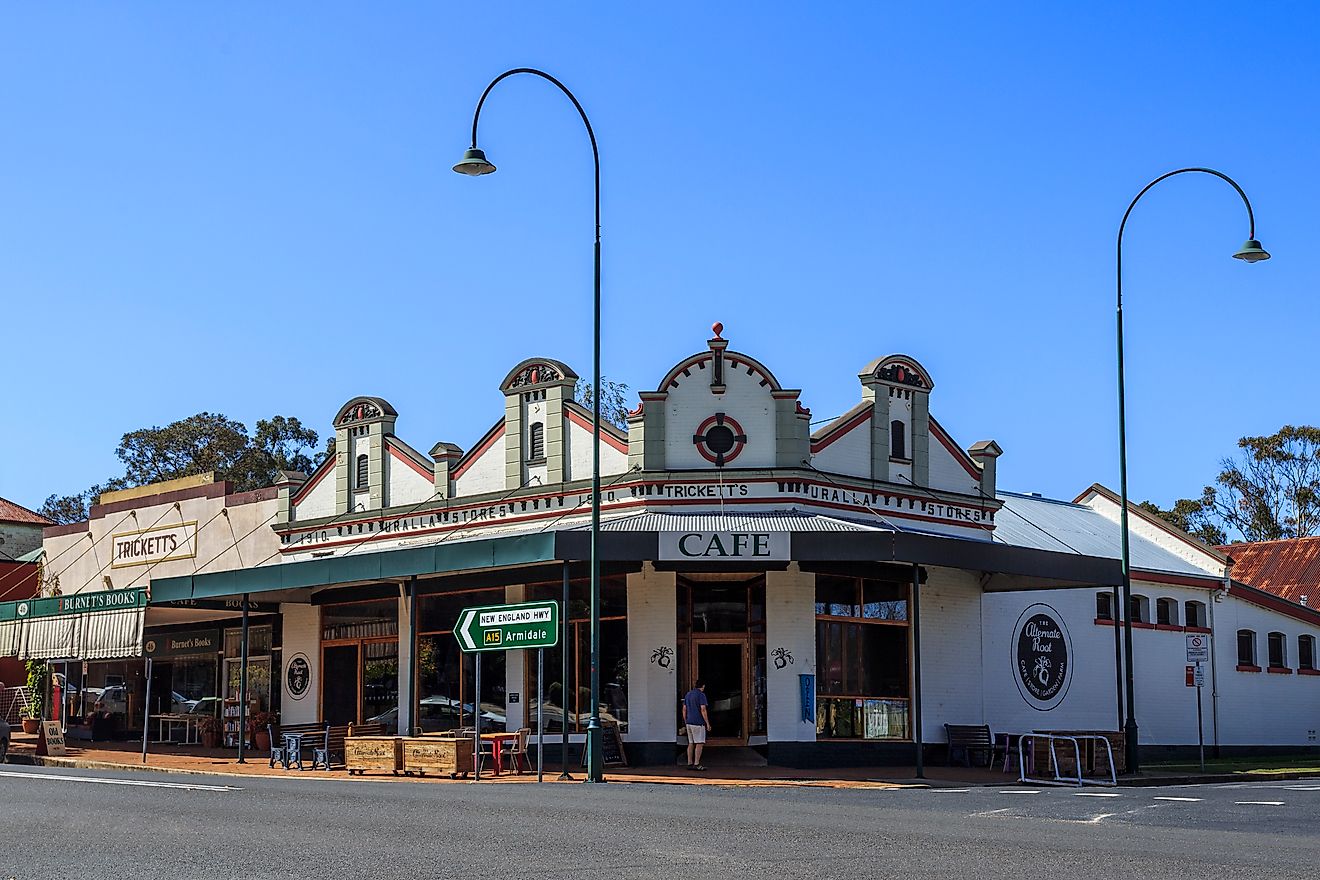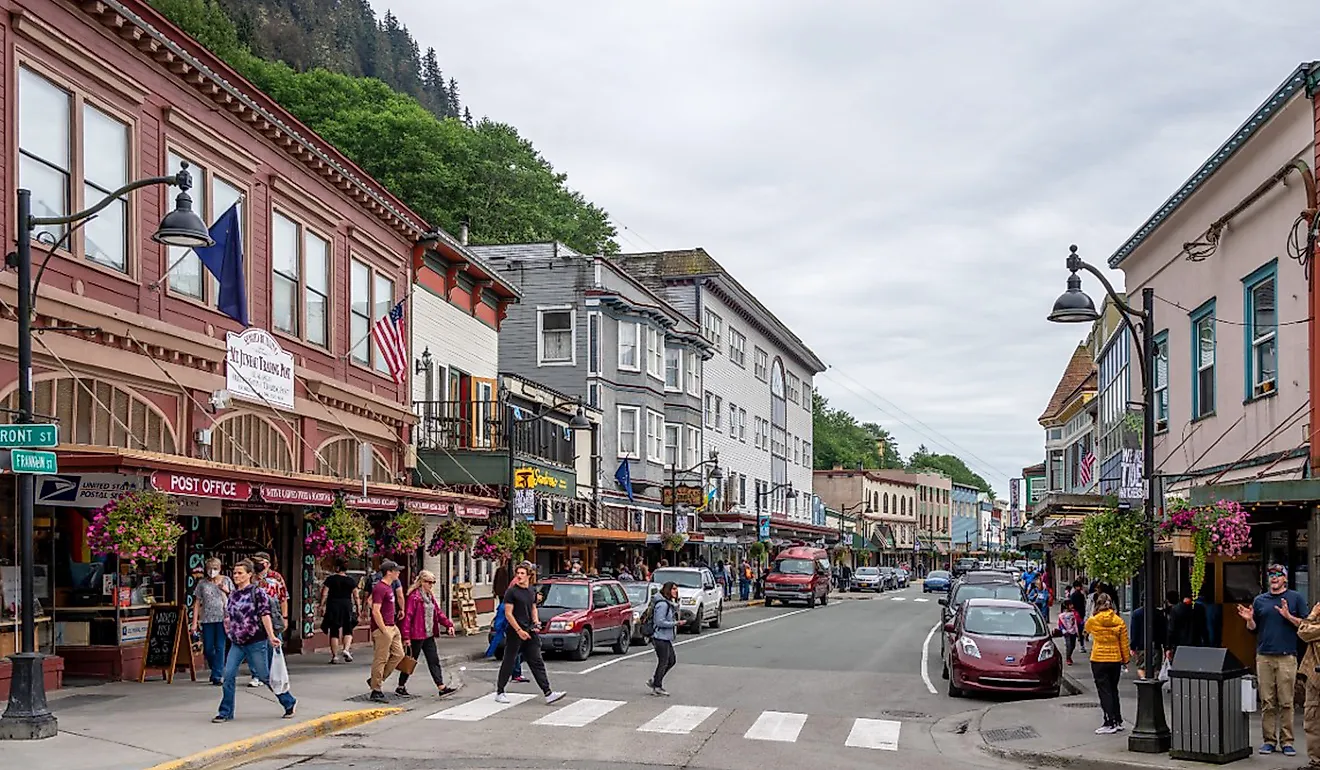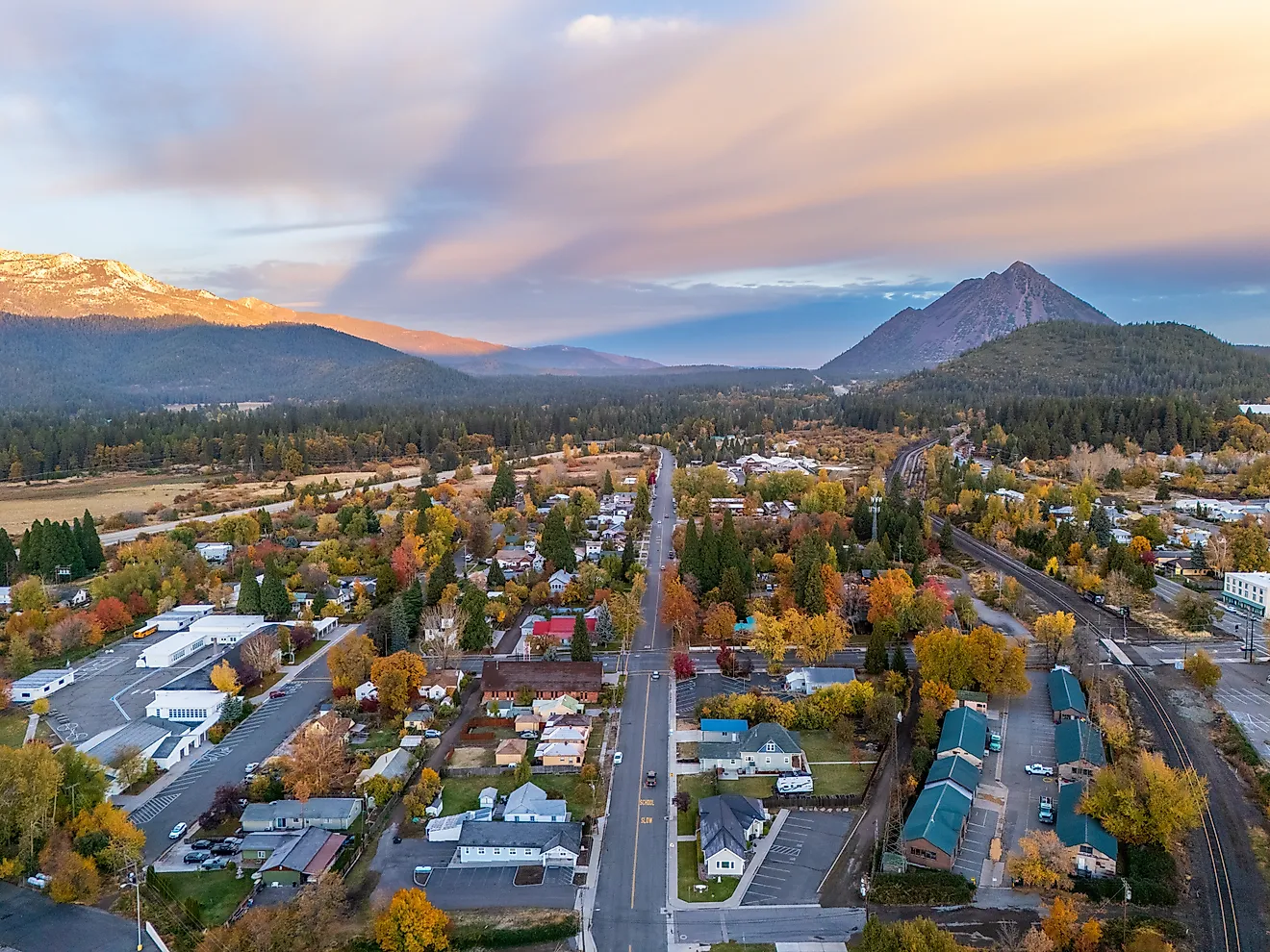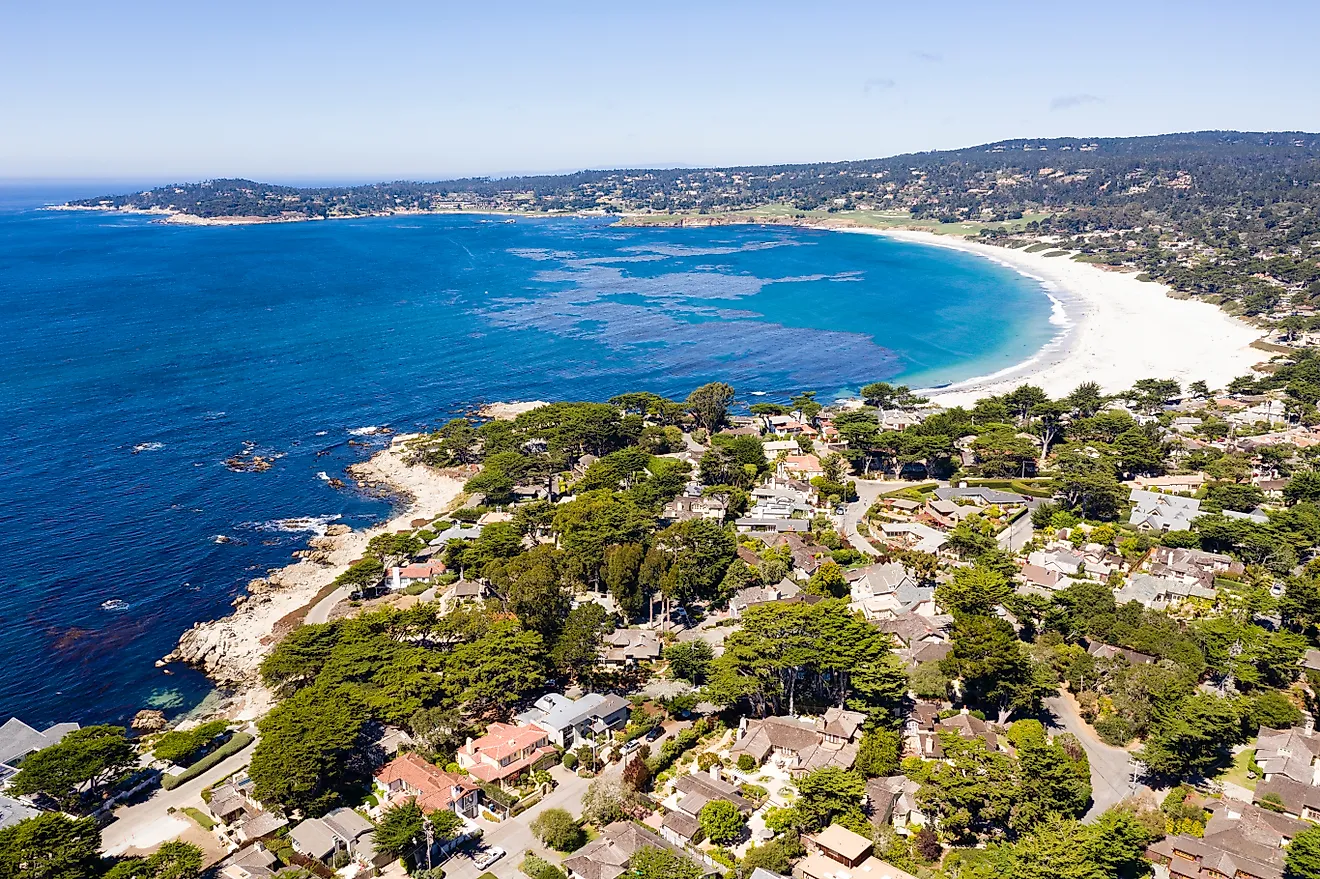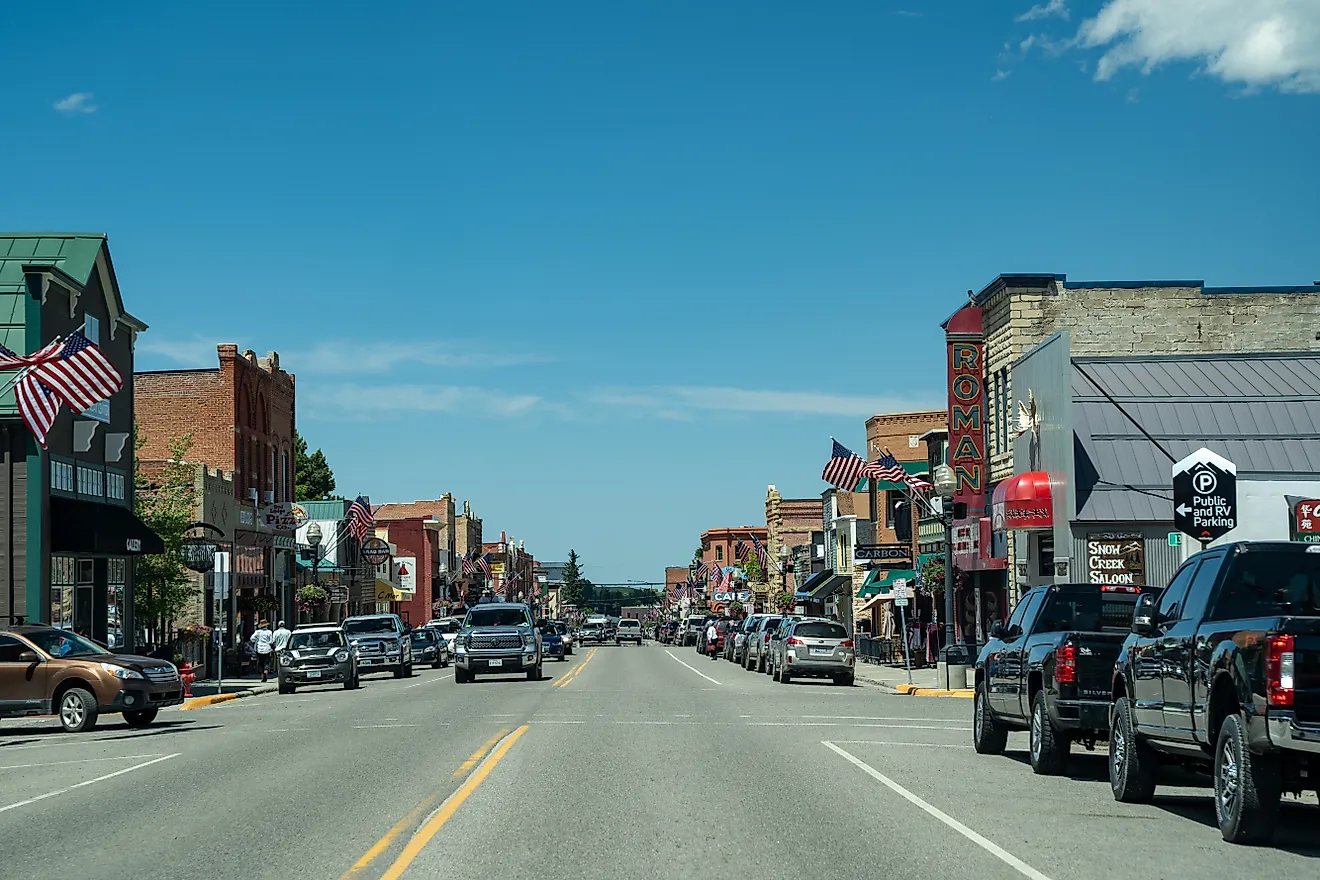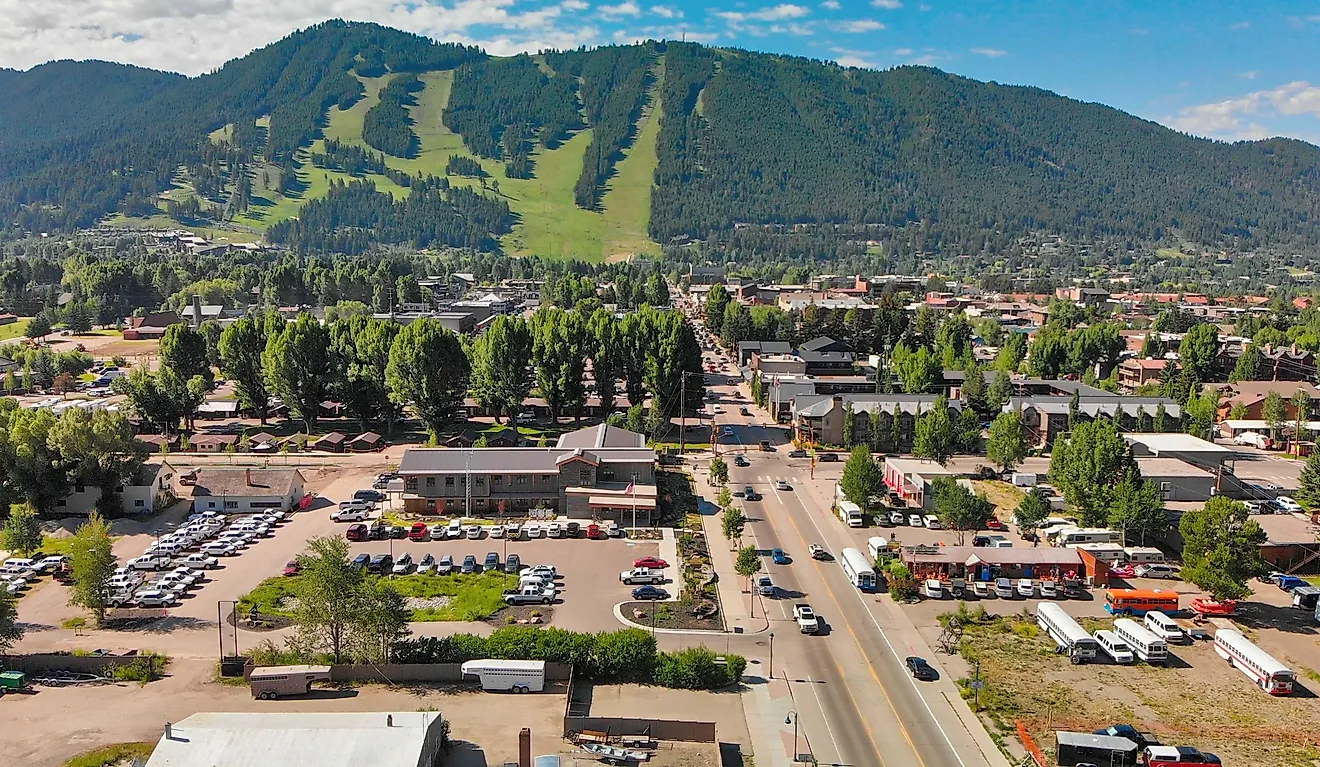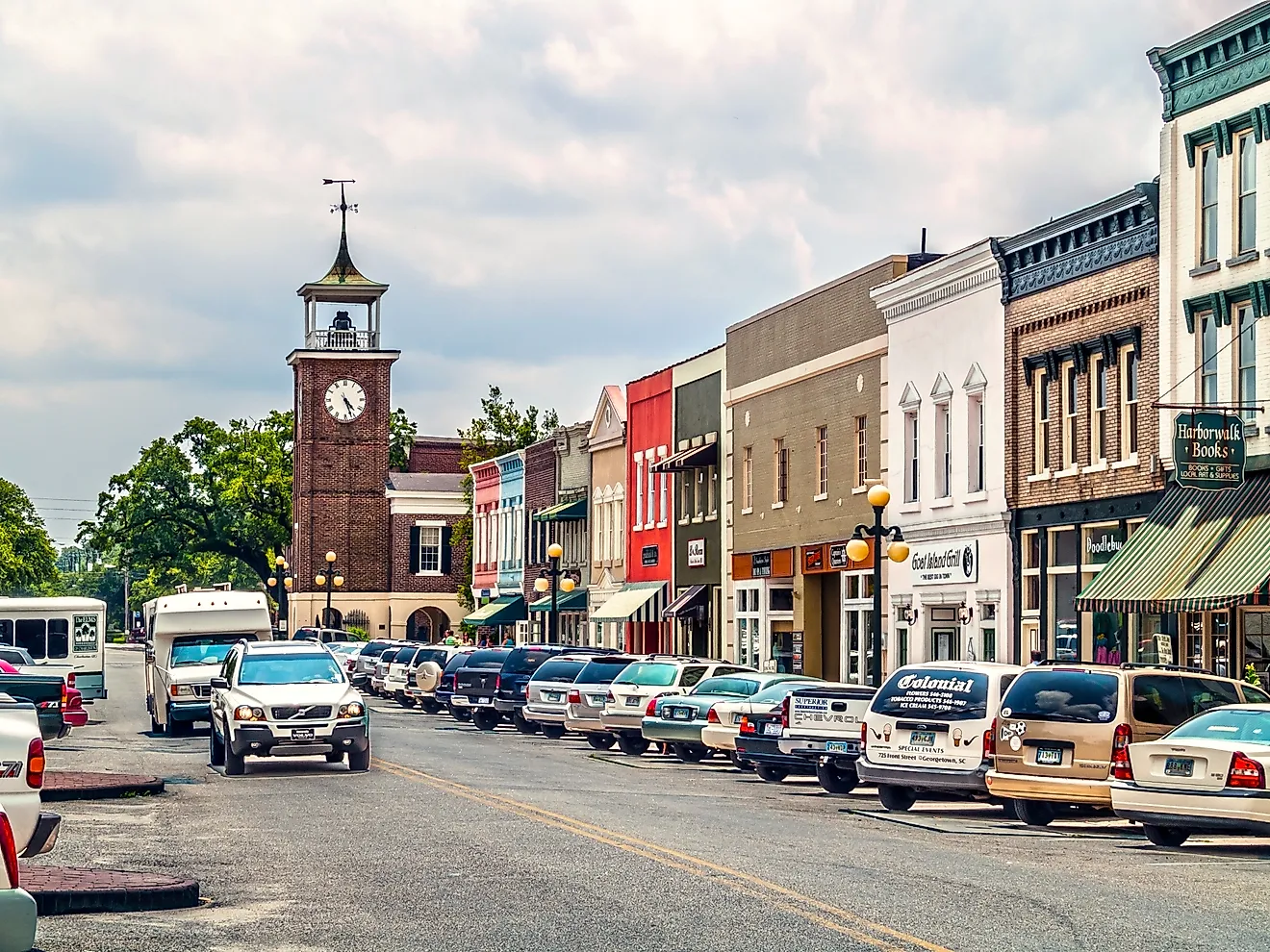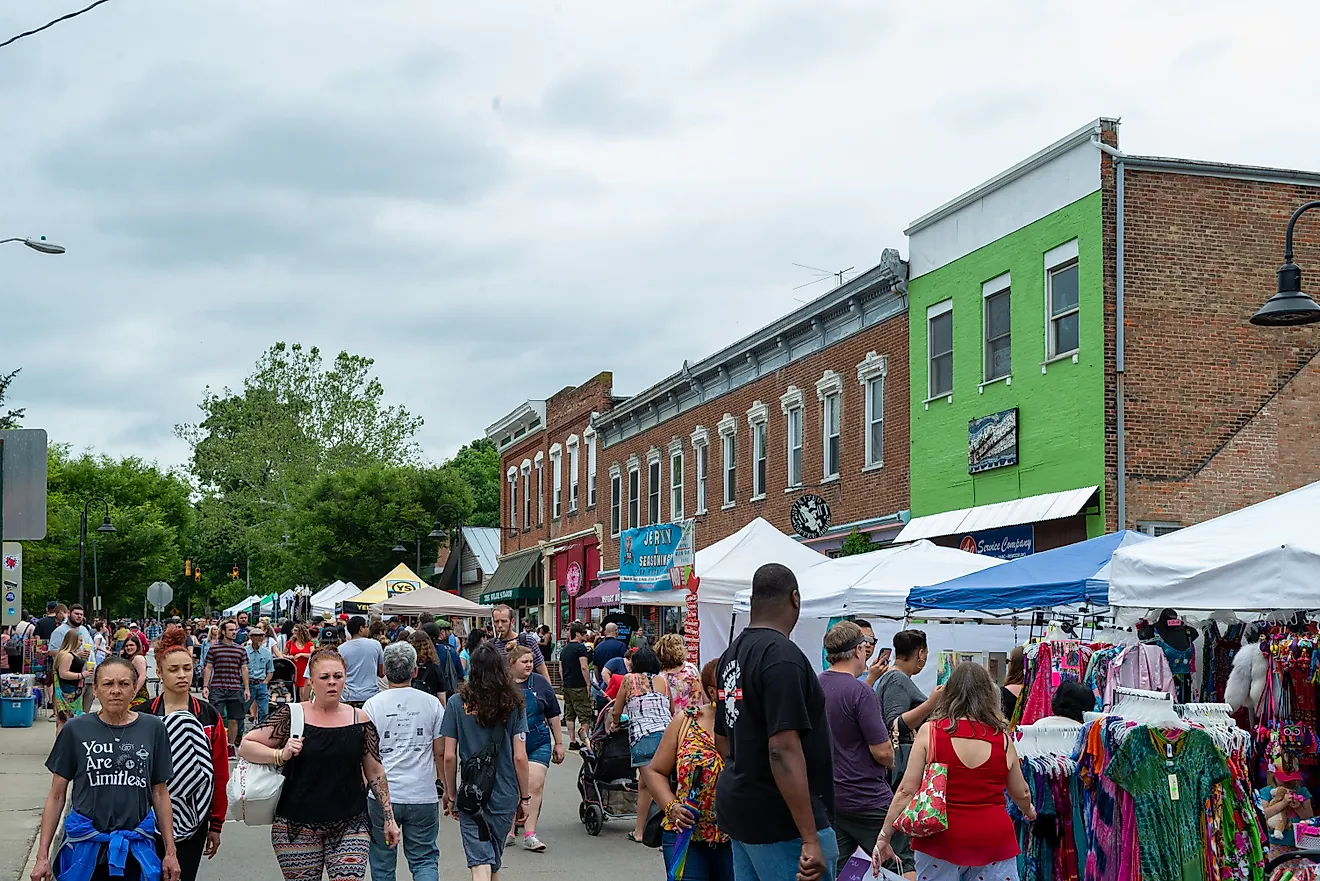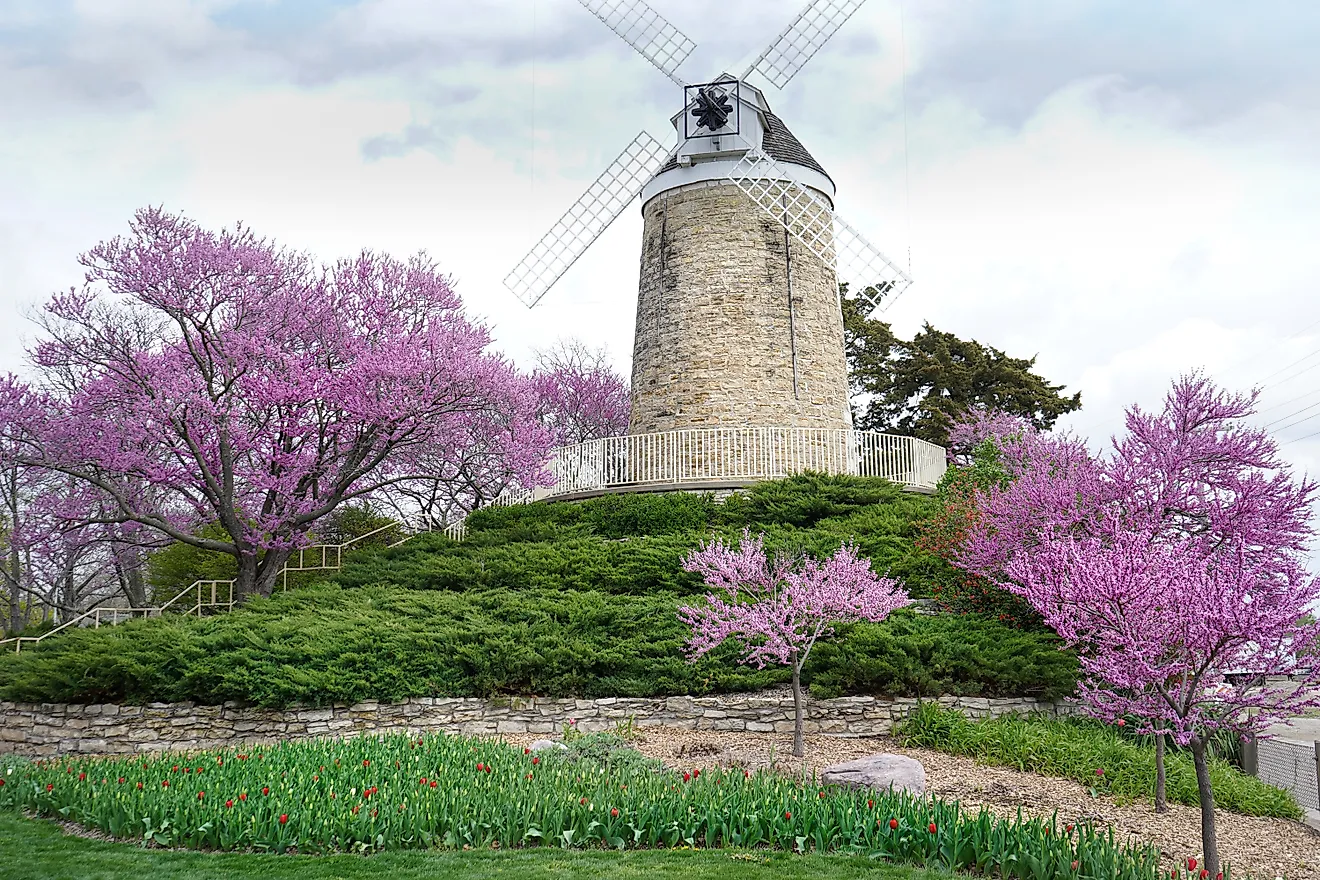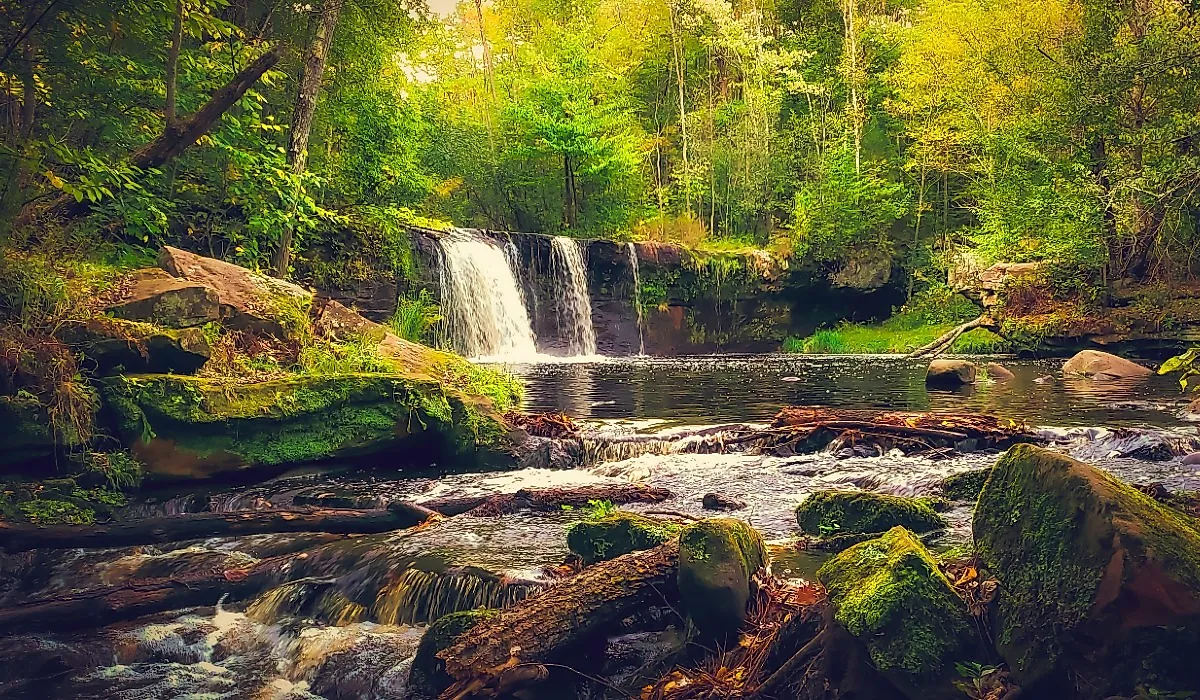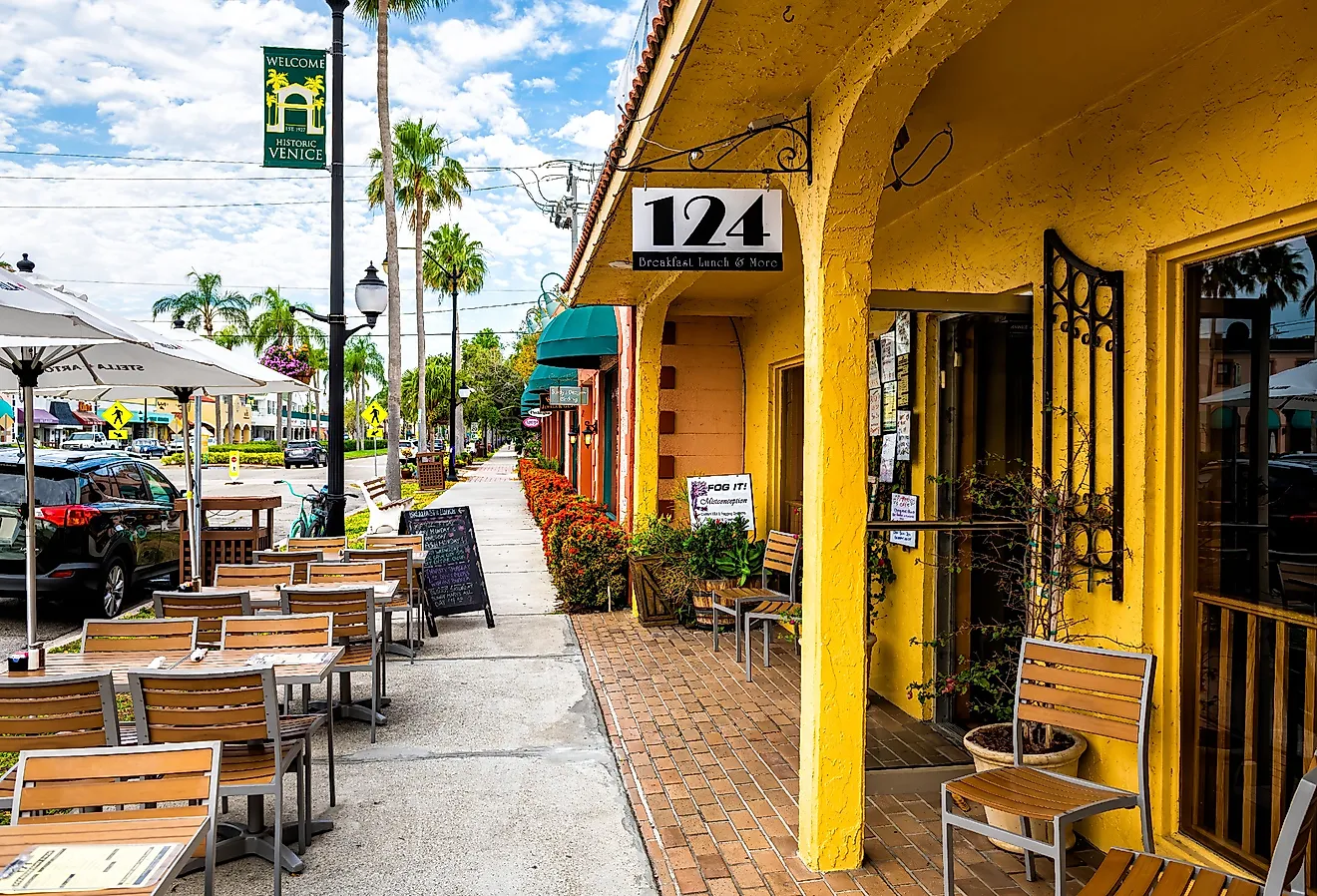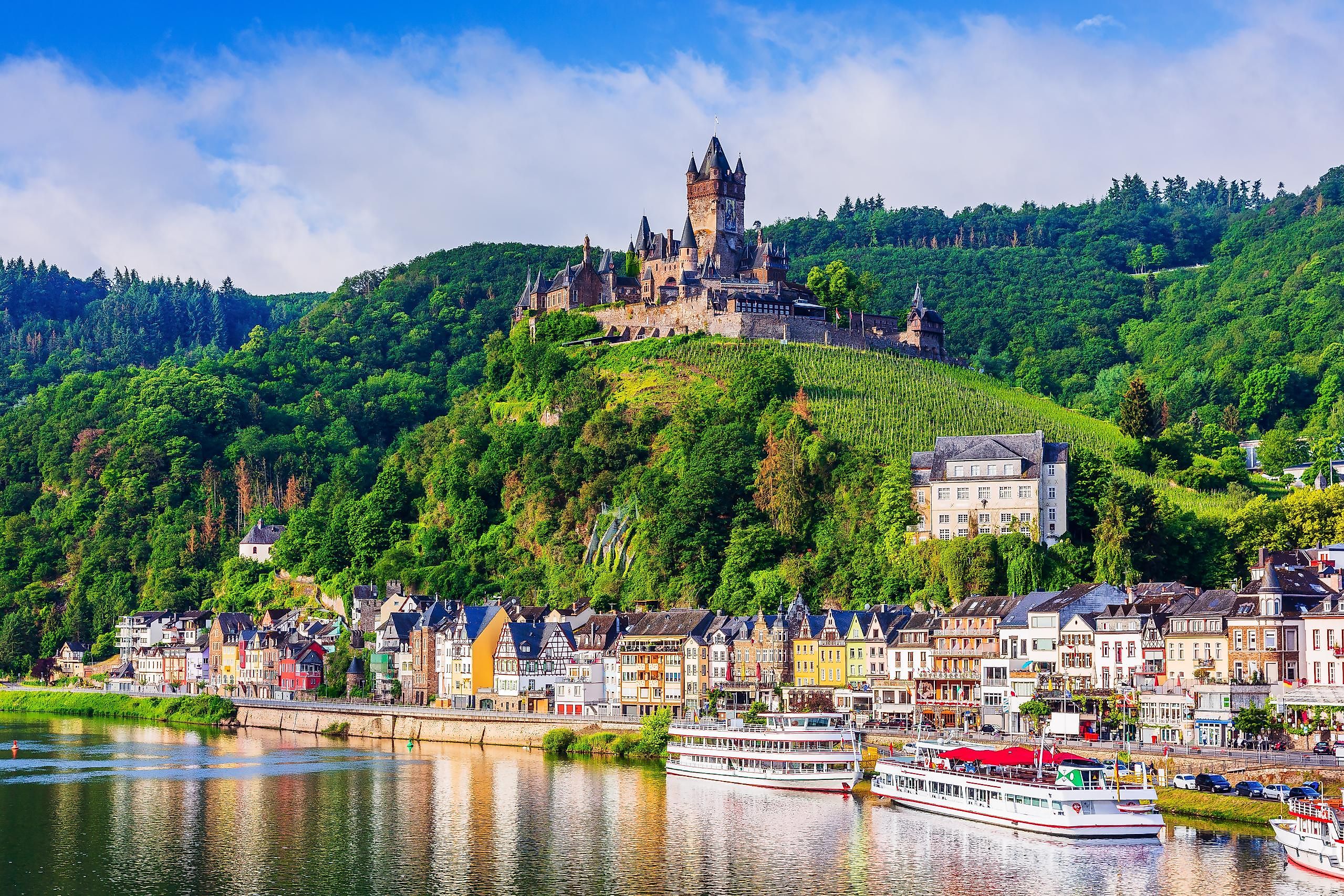
8 Most Welcoming Small Towns In Germany
Like any nation in Europe, Germany has been the epicenter of global industrialization, a patron of philosophy, music, science, and the arts, and the seat of political and religious power for several centuries. But unlike other European nations, Germany is home to some of the most welcoming small towns you can find outside the cultural metropolises like Berlin. From fairytale castles and medieval villages as best seen in Füssen to cinema-worthy set pieces that towns like Görlitz embody, any and all tourists can appreciate the dynamic history and modern splendor of Deutschland. It is not enough to hear or read about the country where monumental figures such as Albert Einstein were born—one ought to visit the most welcoming small towns in Germany this 2024 to appreciate the culture and lifestyle of an enduring country and its people.
Görlitz
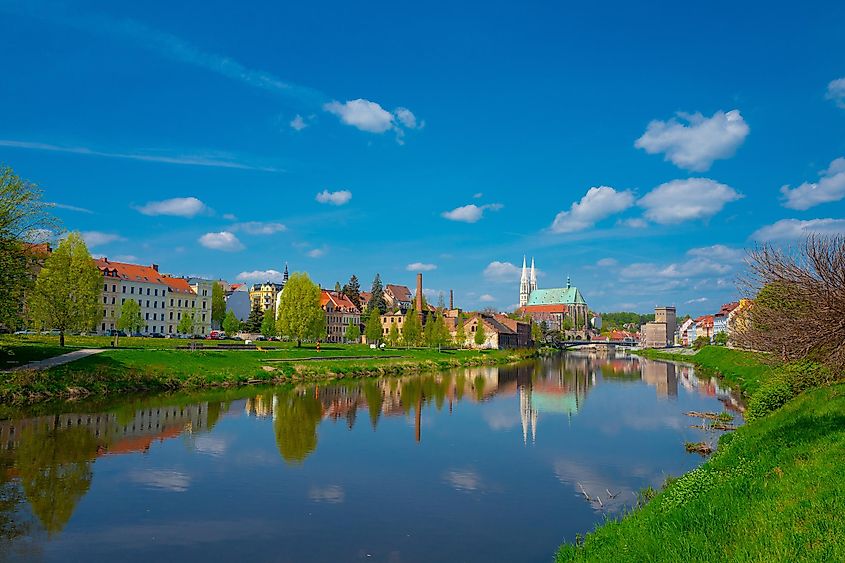
Located approximately 68 miles from Dresden and situated on the border of Poland, you will be bewitched by the delightful and vibrant town of Görlitz. Over 4,000 landmarked and historic buildings line the cobblestone streets and overlook the Neisse River, thrusting visitors and residents through the architectural periods of the Gothic, Renaissance, Baroque, Art Nouveau, and Wilhelminian. The full history of Görlitz, in addition to several German, Polish, and Czech artworks, can be better comprehended at the Renaissance-stylized Silesian Museum.
However, for a more direct connection with the last, you need only stroll through the Lower Market (Untermarkt) to admire the medieval houses of cloth makers or Baroque buildings on Upper Market (Obermarkt). One might also be invested in visiting St. Peter’s Church, a late-Gothic abode with its early-18th-century Sun Organ. Better yet, why not take groupies and selfies in “Görliwood," as the town is lovingly called, where movies like Inglourious Basterds, The Book Thief, and The Grand Budapest Hotel were filmed? There is more to appreciate in this cinematic setting of a town, most notably the many wonderful lodgings such as the Emmerich Hotel, Parkhotel Görlitz, and The Golden Ostrich Hotel.
Bad Wimpfen
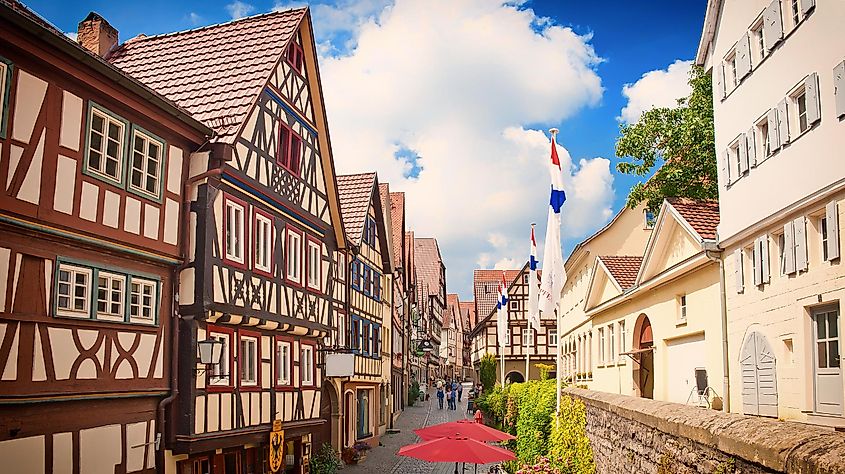
Bad Wimpfen is far from being a bad place to visit in Germany. Only 24 minutes north of Heilbronn, one can enjoy the historic thermal spas along the river Neckar, which date back to when the town was a vital Roman settlement and the Roman Empire held sway in the region. Tourists today flock to the fortified Staufian Imperial Palace with its accompanying Blue Tower, both relics of Bad Wimpfen’s regal allure. There is also the imposing Kaiserpfalz Bad Wimpfen, a castle of remarkable architectural splendor alongside the medieval-old Kloster Bad Wimpfen monastery. In the rural neighborhood of Hohenstadt, one can attend several large festivals or events in Bad Wimpfen, such as the Valley Market almost every month, the Imperial City Festival in September, and the Christmas Market in December. For those who want to spend a good time in Bad Wimpfen, book a room at the Hotel Neues Tor.
Quedlinburg
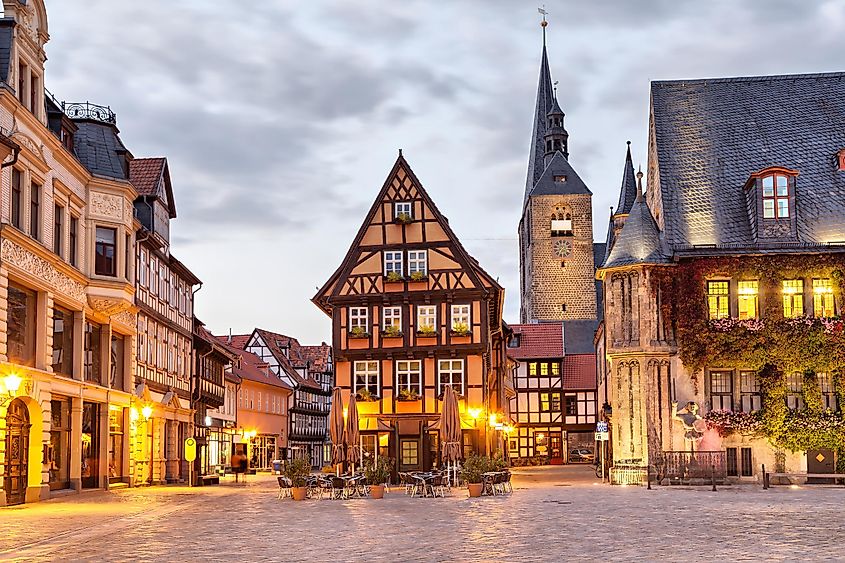
As one of the UNESCO World Heritage Sites in Germany, Quedlinburg lives up to its title due to the magnificent and mystical structures that preserve the past and embody the present. At the time when Quedlinburg was the capital of the East Franconian German Empire during the reign of the Saxonian-Ottonian dynasty, the Collegiate Church of St. Servatius was one of the most esteemed churches in the Middle Ages. Today, much of the abbey’s 10th - 12th-century artworks and monuments are still on impeccable display, including the tomb of King Henry I.
Nearby, the Quedlinburg Castle, once the seat of the East Franconian German Empire, continues to dazzle and astound tourists worldwide. In addition, the Klopstockhaus allows visitors to appreciate local poet Friedrich Gottlieb Klopstock, while the Schlossmuseum houses thousand-year-old artifacts. Outdoor enthusiasts might be more amenable to ascending the Harz Mountains or descending towards Bode Gorge. To get a better feel of the medieval streets of Quedlinburg, settle down like weary travelers in inn-like establishments such as Hotel Balneolum, Hotel am Hoken or Hotel Tilia.
Rothenburg Ob Der Tauber
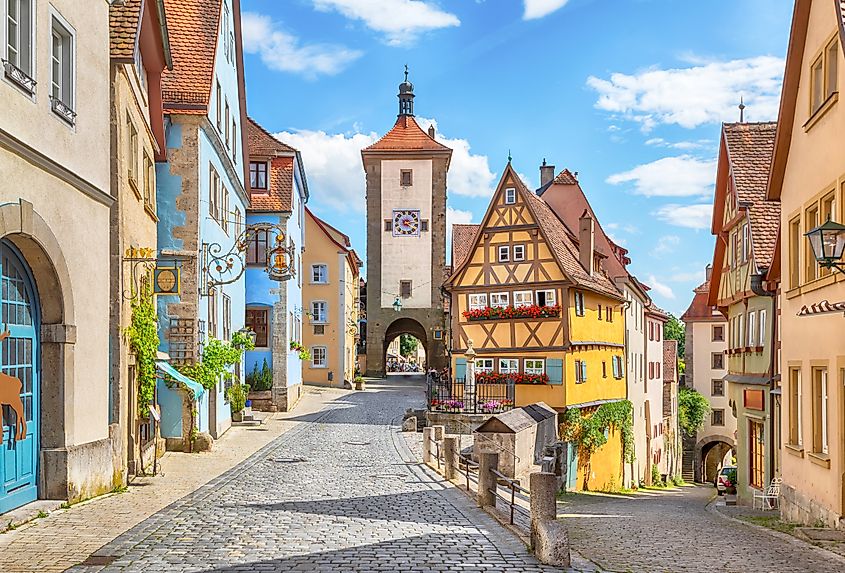
Germany gave the world the Brothers Grimm and their transcendental fairytales. Today, the lovely village of Rothenburg Ob Der Tauber propels tourists into the pages of Germanic myths and folklore. With its location deep in the Tauber River valley and its romantic surroundings of Bavarian Alps, Rothenburg Ob Der Tauber had been built as a Hohenstaufen fortress and free imperial city from 1274 until 1803.
St. Jakob’s Church exhibits an intricate and beautiful late Gothic altarpiece created by woodcarver Tilman Riemenschneider, while the Imperial City Museum preserves a tankard that one of the town’s citizens used to win a dare against a Catholic League army during the Thirty Years’ War. A play called Der Meistertrunk (“The Master Gulp”) commemorates this uproar of a challenge every Whitsuntide (Whitesun, a Christian holy day of Pentecost). If you want to spend your jolly days gallivanting through a town that literally resembles something from Beauty and the Beast, Cinderella, Snow White, and other Disney properties, then find accommodations at the Gästehaus Am Heckenacker or Hotel Rappen Rothenburg ob der Tauber.
Füssen
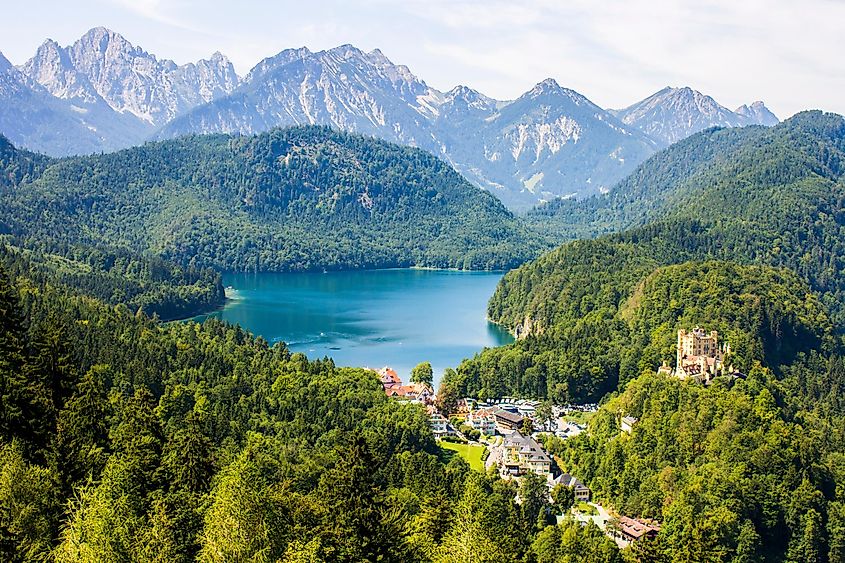
No one will feel like fussing around in the 700-year-old Bavarian town of Füssen. Only two hours away from Munich and at the border of Austria, Füssen welcomes travelers with bracing winds from the Bavarian Alps and Lech River. Although the village itself contains a number of historic landmarks throughout Europe’s architectural periods—such as the High Palace from the Medieval Age and the Baroque homes of prominent violin and lute makers—tourists throng to Füssen for the two astonishing castles overlooking the picturesque town.
First, the Hohenschwangau Castle above Schwansee (Swan Lake), a palatial estate that continues to preserve the romantic era through lavish chambers like Swan Knight’s Hall, Guelph Room, and Hohenstaufen Room. Second, Neuschwanstein Castle is a fairytale and fortressed abode befitting the home of a Disney princess. Step into the pages of history and folklore, of heroic knights and noble damsels, and see more of what Füssen cherishes and preserves while staying in lavish holiday apartments like Ferienhaus "Beim Lenzer" or Ferienwohnungen Allgäu Moni.
Mittenwald
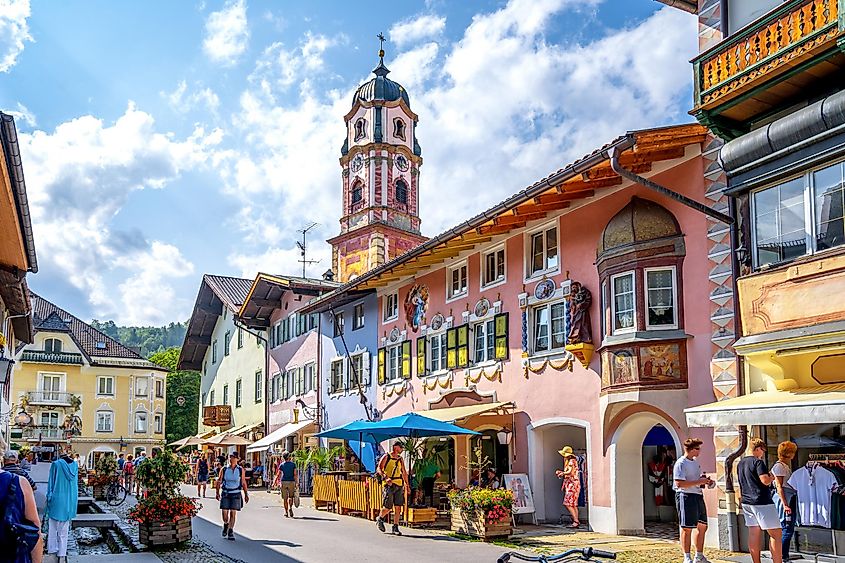
Mittenwald is a luxurious mountain and winter resort atop the Alpine peaks of Bavaria. Approximately 50 miles away from Füssen, visitors can venture into the many trails and treks across the Karwendel Mountains and along the Isar River. Once a way station on a Roman trade route, Mittenwald has since changed into one of the most prestigious centers for handcrafted violins in 17th-century Europe. Mittenwald had never lost its value in transportation and commerce, especially during the First World War when connecting the faraway communities of Garmisch and Innsbruck. Nowadays, people take popular walks like the Leutaschklamm through the Wetterstein range which then leads to Zugspitze, one of the tallest mountains in Germany. Savor your evenings in the mountains of Germany at the Hotel Bichlerhof, Landhaus Albrecht, or Hotel Sonnenbichl Mittenwald.
Lindau
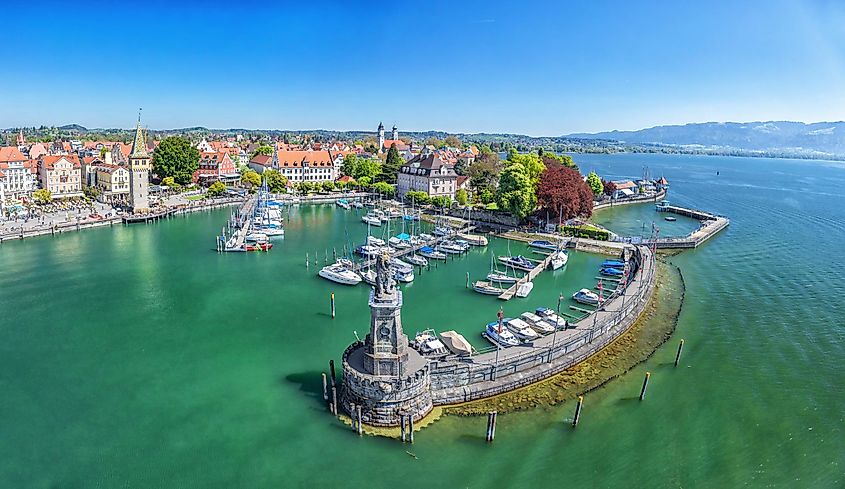
On the blue-beautiful expanse of Lake Constance (locally known as Bodensee), the vibrant town of Lindau beckons tourists with its breezy atmosphere and medieval charm. The old and original town of Lindau—including the Gothic Altes Rathaus (Old Town Hall)—is located on Lindau Island. The island was once the site of a Roman camp called Tiberii and later a Benedictine abbey in the year 810. In 1275, Lindau became a fortified, free imperial city of the Holy Roman Empire. These days, the “Garden City,” as Lindau is lovingly called, now attracts thousands of visitors with its green refuges like Stadtgarten, which provide excellent views of the mountains and of Lake Constance.
Aside from its beautiful natural features, Lindau is also home to several well-preserved relics. Among these relics is a 19th-century Bavarian lion beside a stone lighthouse at the town harbor or detailed human sculptures called the Lindaviabrunnen. Visitors should take care when climbing the Mangturm, a 12th-century watchtower located at a harbor front called Seepromenade. See more of a town named from the German phrase “island where lime trees grow,” and find good lodgings such as Hotel Bayerischer Hof or Garni Hotel Noris.
Cochem
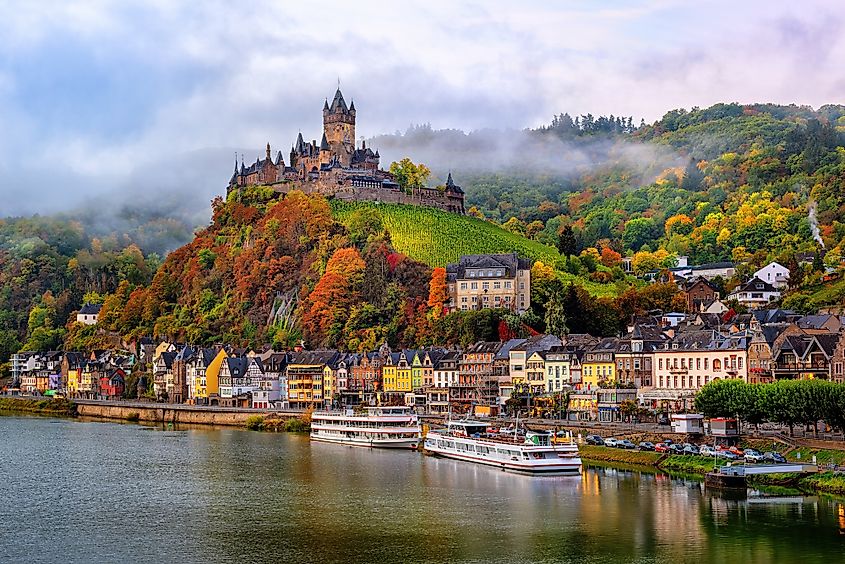
Lounging in the Moselle River valley near the borders of France and Luxembourg, the medieval town of Cochem welcomes visitors with a bevy of beautiful beverages. Renowned for its fresh and delicious wine along the "German Wine Route," Cochem flourished in the 13th and 15th centuries thanks to its many wineries in the rolling region. Reichsburg Cochem, which translates to “Cochem Imperial Castle,” has safeguarded the town’s vineyards and Moselle River valley for centuries, even though it has undergone several changes in management between France and Germany. Cochem was also a valuable location to store billions of Cold-War currencies in the Bundesbank Bunker Cochem. A handful of ruins dot the region, such as the old winery of Burgruine Winneburg and Burgruine Coraidelstein. For those who want to see more of Cochem or savor its timeless wine, do not forget to book a room at either the Hotel Hegenbarth´s or Ich Zeit - Apart Hotel.
In a medieval village like Cochem, where wine instead of Germany’s world-renowned beer is brewed, you will savor your experiences forever. In places straight from the Grimm Brothers’ pages, such as Rothenburg Ob Der Tauber and Füssen, you will be enchanted by the cultural ambiance, which is complemented by awesome mountains like the Bavarian Alps. And in towns like Quedlinburg and Lindau that continuously preserve their historic architecture, you will be mesmerized by the beauty and ingenuity of human genius. From a country renowned for its industrialism, patronage in the sciences and the arts, and a tentative dichotomy in human nature, Germany welcomes you with its many small towns rich in folklore and modernity.
